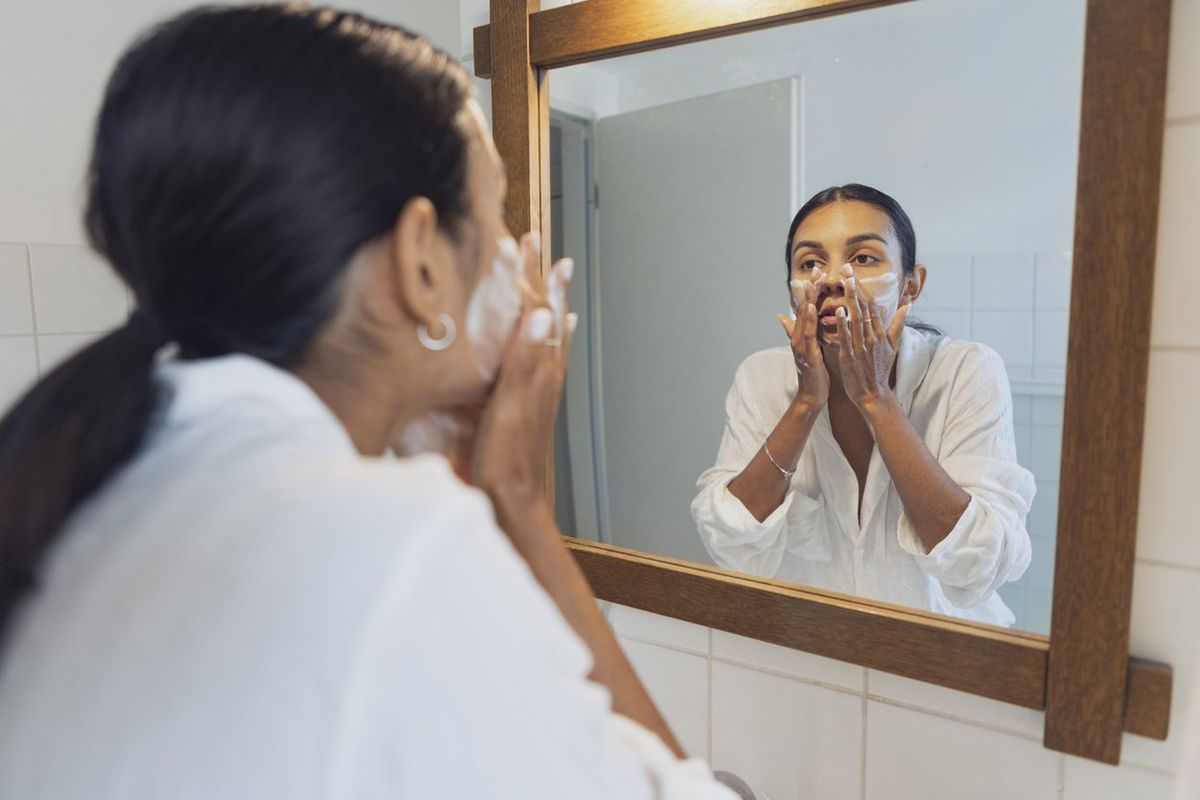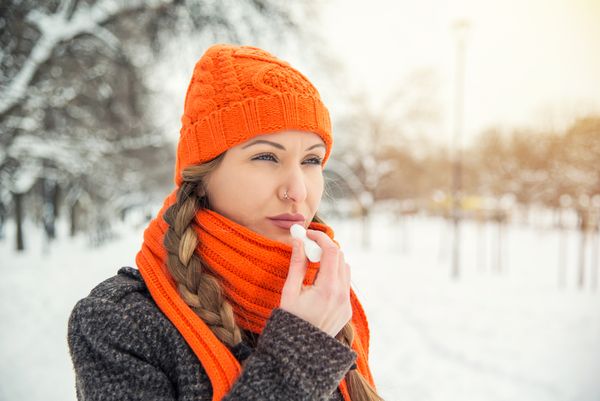Q:
My skin still breaks out, particularly when I exercise. What type of facial products should I use to keep my skin healthy without increasing the risk of breakouts?
A:
You know that exercising is great for your body, but did you know it's also great for your skin? Exercise strengthens blood vessels in the skin and increases blood flow, thus increasing the amount of oxygen and nutrients your skin receives.
It's not exercise that exacerbates acne; it's the sweating that tends to clog the pores. You sweat more, your pores are dilated and more sebum comes out. If you have any friction on your face, such as bangs, that could also lead to breakouts. Because perspiration can be a breeding ground for bacteria, try to wash your face as soon as possible after exercising.
That said, there are things you can do to improve your acne while improving your skin. First, make sure that you use products formulated for the type of skin you have. If you're still having breakouts, you may have oily skin—in some parts! But other parts of your face may be dry and prone to flaking. This is known as combination skin. So the first step is identifying your skin type: oily, dry or combination.
If your skin is prone to acne, avoid products that can clog your pores, including certain types of makeup. The American Academy of Dermatology recommends "noncomedogenic" cosmetics and other skin products that are formulated to reduce the risk of acne. You should also skip liquid foundations and blushes and opt for a light dusting of powder.
Wash your face skin morning, night and immediately after your workouts. Use warm water and a gentle, liquid cleanser to remove acne-causing bacteria. Do not use drying soap and don't scrub. Scrubbing irritates skin, making it more prone to breakouts.
When choosing a moisturizer, try to look for the noncomedogenic label. If you're very oily, avoid moisturizing your T-zone. Look for a moisturizer that has added alpha hydroxy to gently exfoliate and minimize breakouts. You'll really need it this winter to protect your skin from water loss triggered by cold air, wind and overheated rooms.







